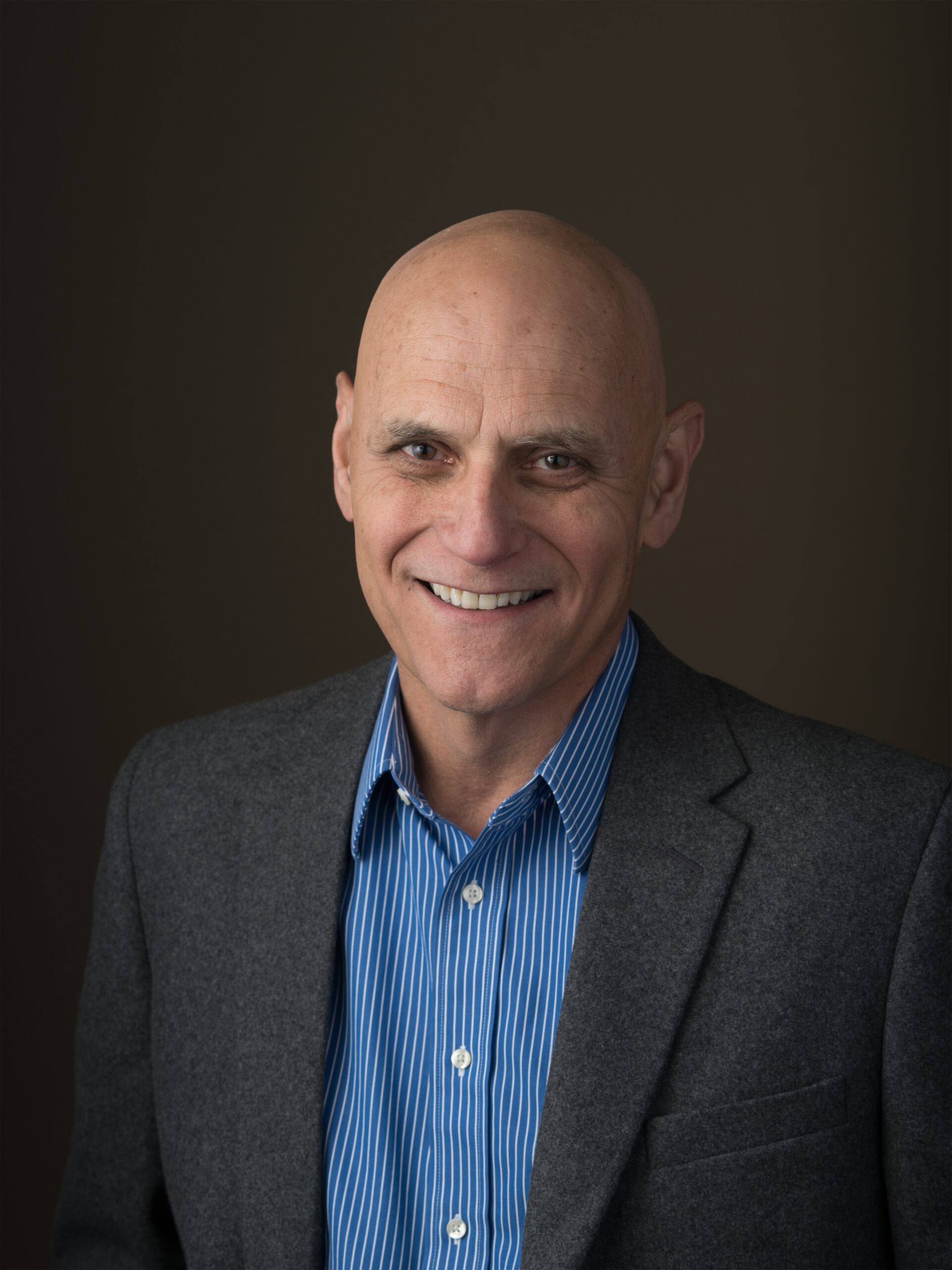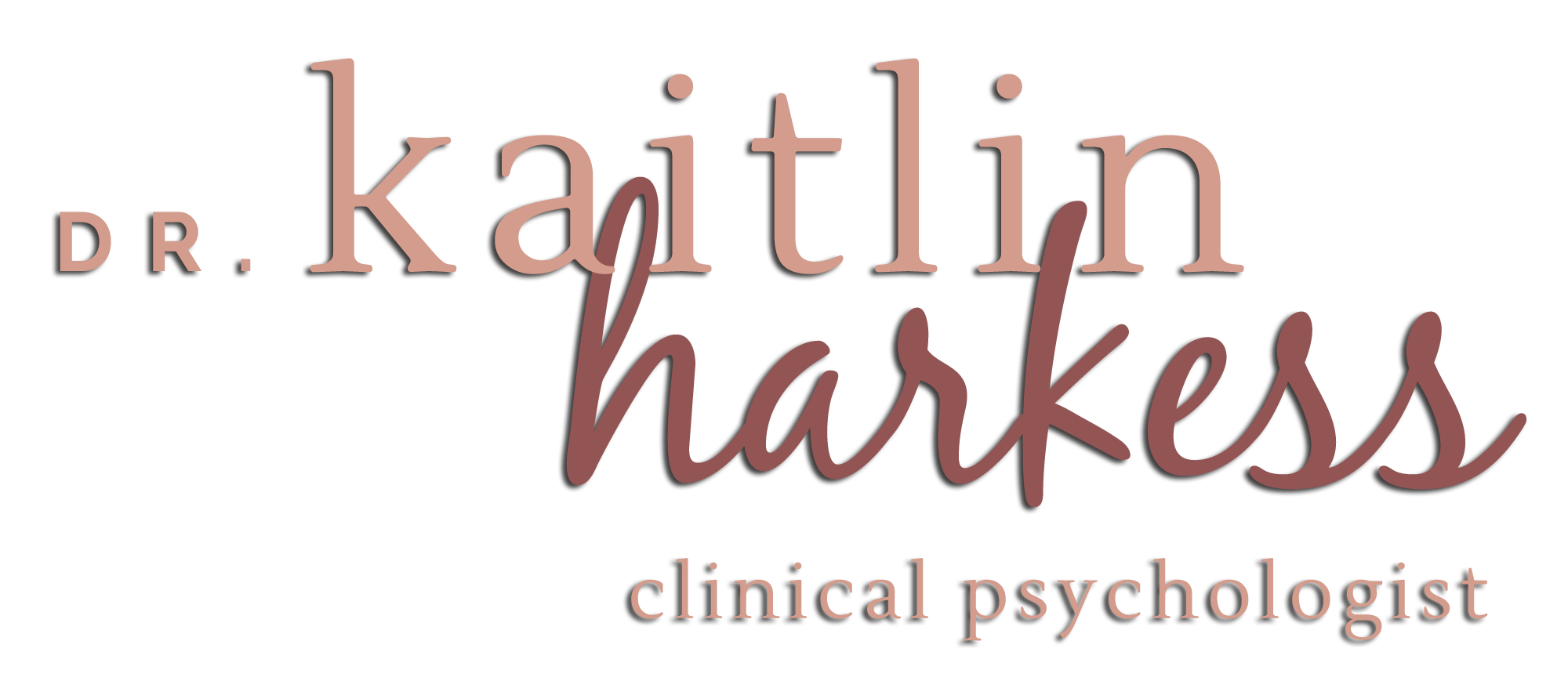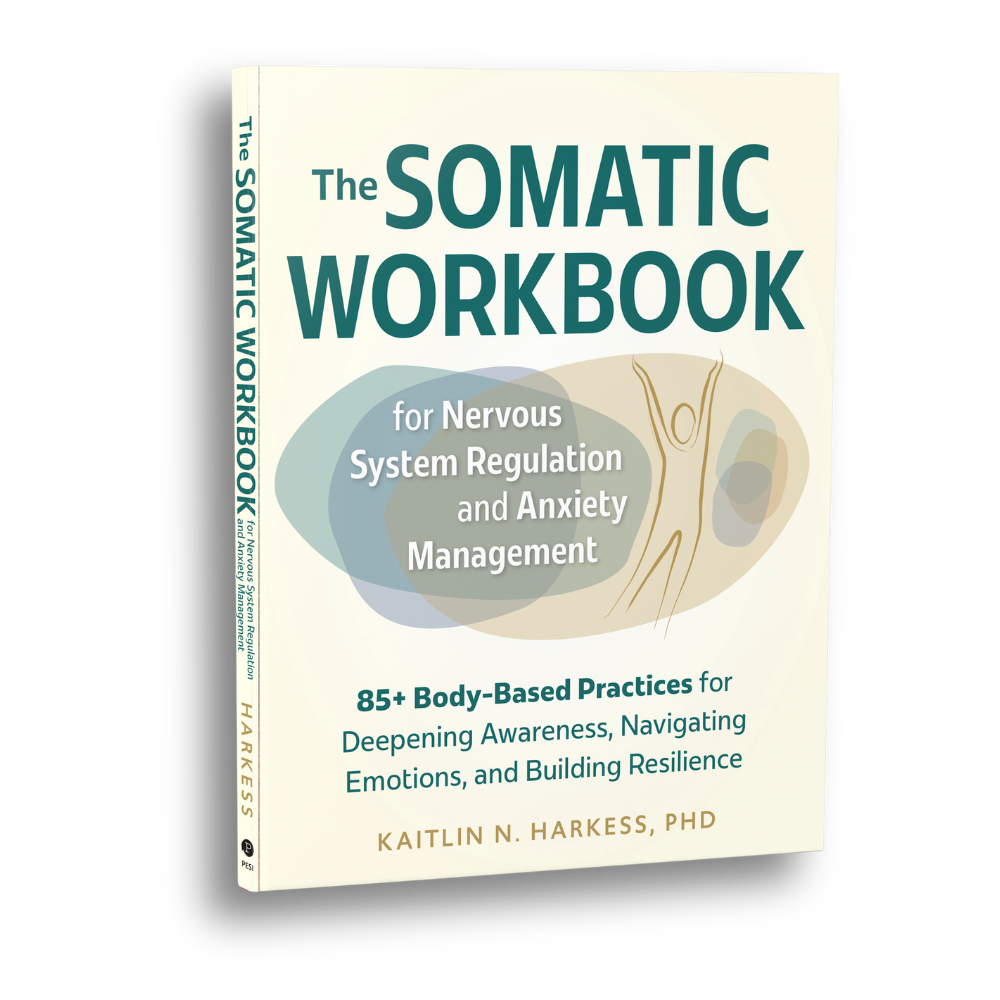
Healing doesn't just happen through thinking — it unfolds as you learn to be with your body.
If you're constantly anxious, overwhelmed, or exhausted, your nervous system might be trying to tell you something.
The Somatic Workbook for Nervous System Regulation and Anxiety Management helps you move beyond just talking about your struggles— and starts healing them in your body.
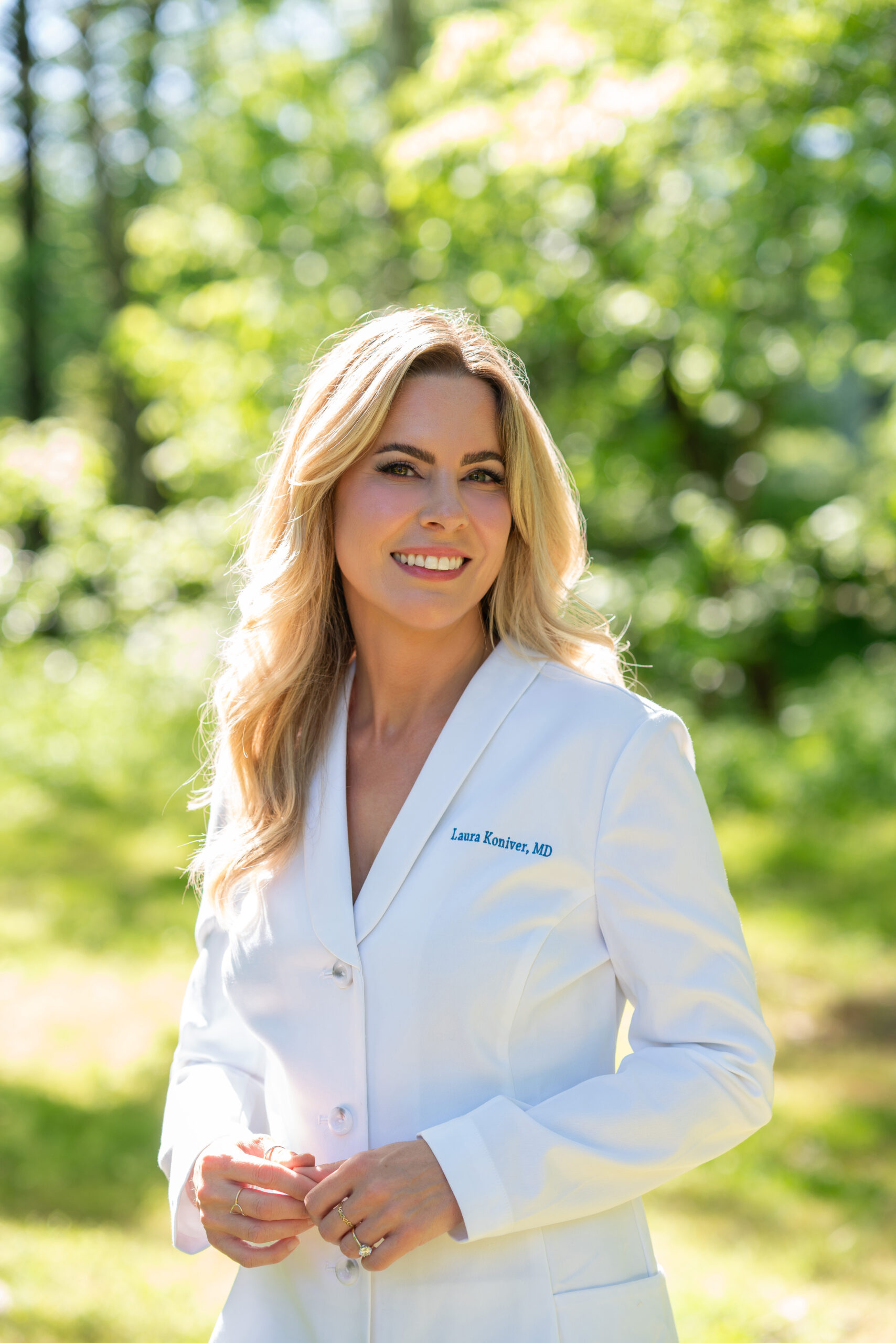
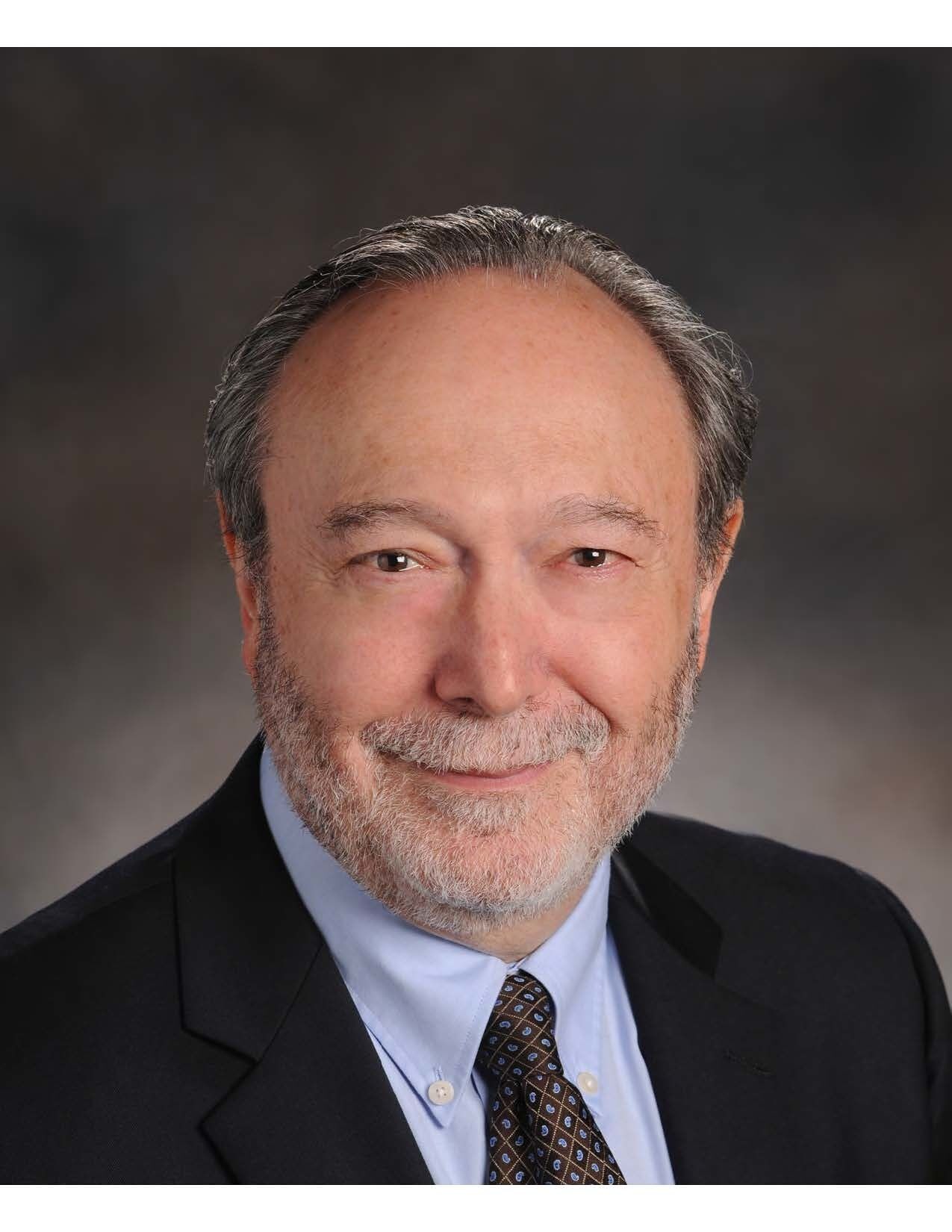
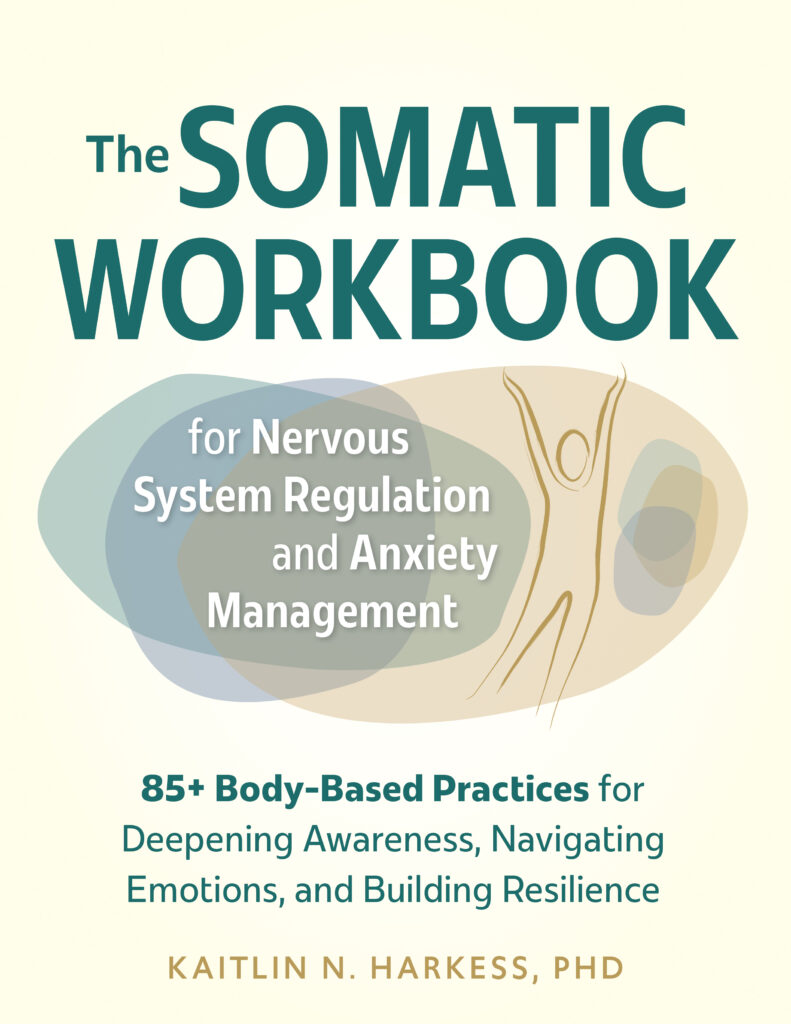
Using powerful approaches like ACT, IFS, polyvagal theory, and mindfulness, you'll learn to:
- Soothe anxiety in the moment
- Create a deep sense of internal safety
- Release stress and stuck emotional energy
- Stay grounded through life's ups and downs
- Keep your inner parts from running the show
- Build a body-centered self-care routine
Whether you're drowning in stress or just want to reconnect with your body, this workbook gives you the tools to feel better - for real.
Meet Dr. Kaitlin
Dr Kaitlin N. Harkess, PhD, is the author of The Somatic Workbook for Nervous System Regulation and Anxiety Management (PESI Publishing, October 2025), host of the Wisdom for Wellbeing podcast, and founder of holistic therapy practice Wisdom for Wellbeing. A Clinical Psychologist and long-time yoga and meditation teacher, Kaitlin has helped hundreds of individuals experiencing anxiety, overwhelm and burnout reconnect with their bodies and build resilience through integrative, evidence-informed practices.
Kaitlin’s pioneering research was the first to examine how yoga impacts stress and mental health at an epigenetic level (the science of how lifestyle affects gene expression), and she continues to advance the field as a Titleholder at the University of Adelaide’s School of Psychology. Kaitlin also convenes the Australian Psychological Society’s Yoga and Psychology Interest Group and regularly trains clinicians in somatic psychology.
Based on Kaurna Land in Adelaide, Kaitlin balances her professional work with coastal walks, family life, and a love of the outdoors. Originally from the Canadian Rockies, hiking remains as essential to her wellbeing as her yoga practice.
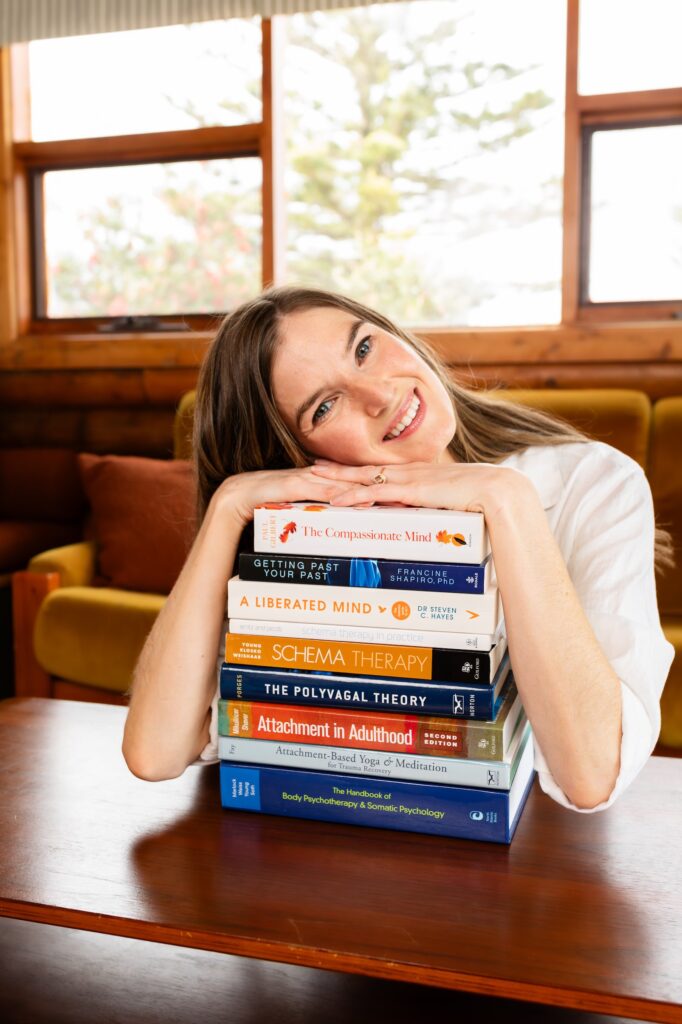
Leave a Review and Receive Exclusive Bonuses
When you take the time to leave a review for The Somatic Workbook, you’ll gain access to a collection of resources designed to help you put the practices into action right away:
Free Video Course — Somatic Skills for Everyday Resilience
In this short, practical course, I’ll guide you through simple, evidence-based practices to regulate your nervous system and bring your mind and body back into balance.Downloadable Reflection Journal
Extra prompts to deepen your self-understanding.Audio Downloads
Short guided practices you can listen to on the go — like having me in your pocket.
First, order from your chosen retailer:
Next, have a read!

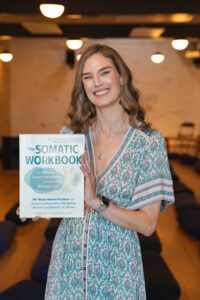
Then, write a review on Amazon and/or GoodReads.
If you’ve never done a review on Amazon, simply scroll down until you see the section that says “Customer Reviews.” Then, click “Write a customer review.” It doesn’t need to be anything too fancy; it’s just a chance to let people know if you think this book might be helpful for them.
Now it's time to get your bonuses:
